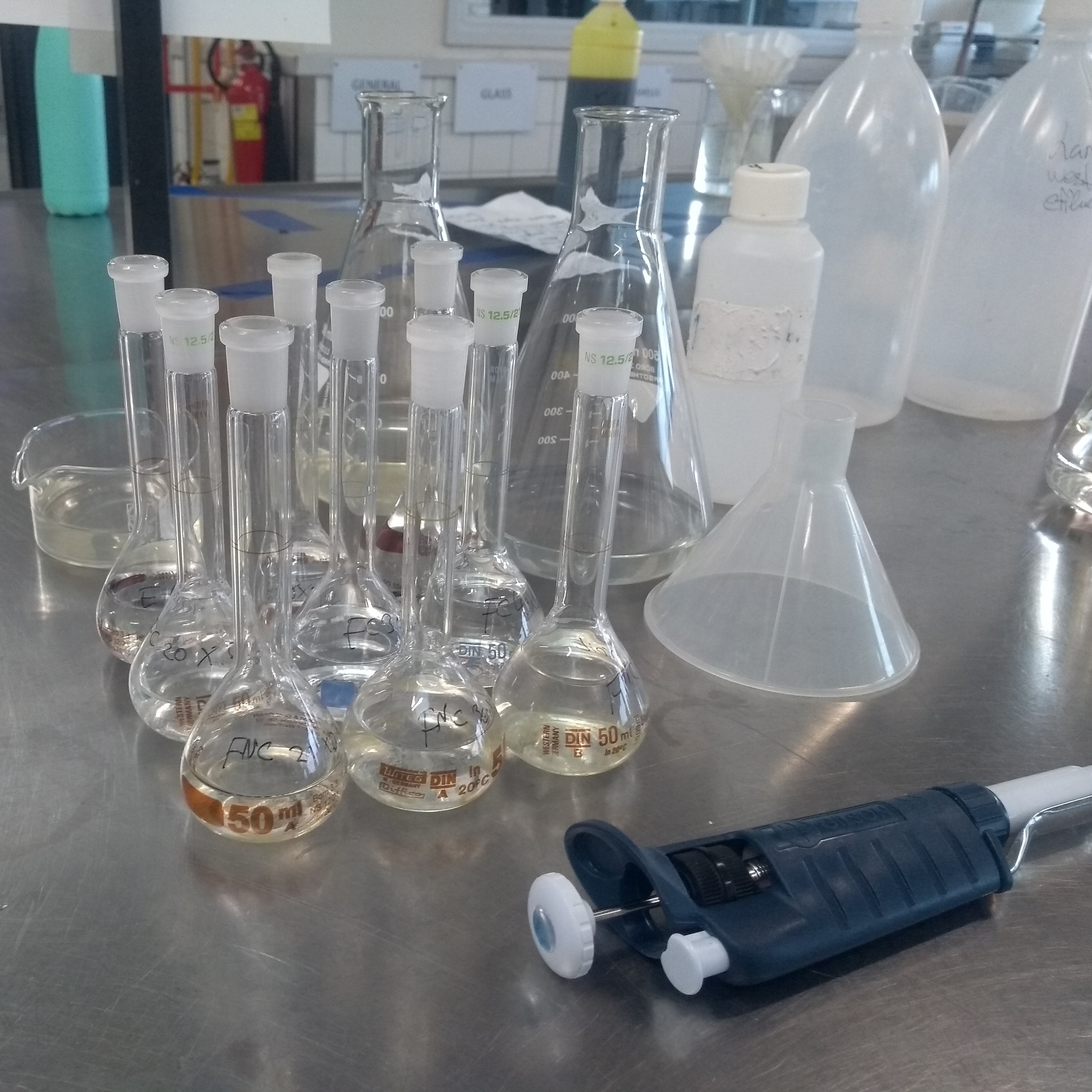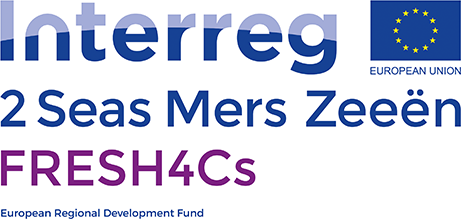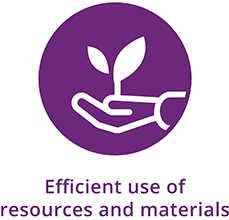HZ Uni students contribute to FRESH4Cs project
Water Management students at FRESH4CS partner HZ University (NL) conducted a practical assignment to assess how efficient a sand filter is in removing phosphate and total suspended solids from treated wastewater. Their results should prove valuable to partner Lamb Weston Meijer in their own research within the FRESH4Cs project.


The new semester has just started at HZ University of Applied Science and as preparations are made for the new classes, lecturers and second year students are also looking back at a challenging yet successful course in the previous semester.
The second year Water Management students specialising in Aquatic Eco Technology take part in a course called Water Pollution and Treatment in the autumn semester every year. The course always includes an interesting research element; a practical assignment set by a local company with a water quality or water treatment issue.
This year one of the research assignments was set by Mariska van Dalen from Lamb Weston Meijer, a partner in the FRESH4Cs project. Thanks to the project, they wish to be able reuse the purified water from their treatment plant as irrigation water to help local farmers in times of drought. Their aim is to store this treated water both underground and above ground in surface water ditches. But to be able to do that, the effluent water must meet a certain quality standard.
There are 2 parameters in the treated water which should be reduced in order to meet the standard and achieve the aim of storage in the ditches:
Phosphate
Total Suspended Solids
For this reason, treatment options for reducing levels of Phosphate and Total Suspended Solids should be investigated. Therefore, Mariska challenged the students to answer the following research question during their assignment:
How efficient is a sand filter, in combination with Iron Chloride, in the removal of Total Suspended Solids and Phosphate from effluent water?
The students first performed literature research into the optimal properties of a sand filter. Then they followed up by building a lab scale sand filter of their own on which they ran several experiments with both self-made artificial effluent water and effluent water provided by Lamb Weston Meijer.
The results showed that a sand filter is effective in removing Phosphate and Total Suspended Solids from the water but is even more effective when Iron Chloride is added.
At the end of the semester the students presented their findings to Lamb Weston Meijer and also wrote a scientific article on their approach, results and conclusions. The knowledge gained during this research should prove valuable to Lamb Weston Meijer in their own investigation within the FRESH4Cs project.


